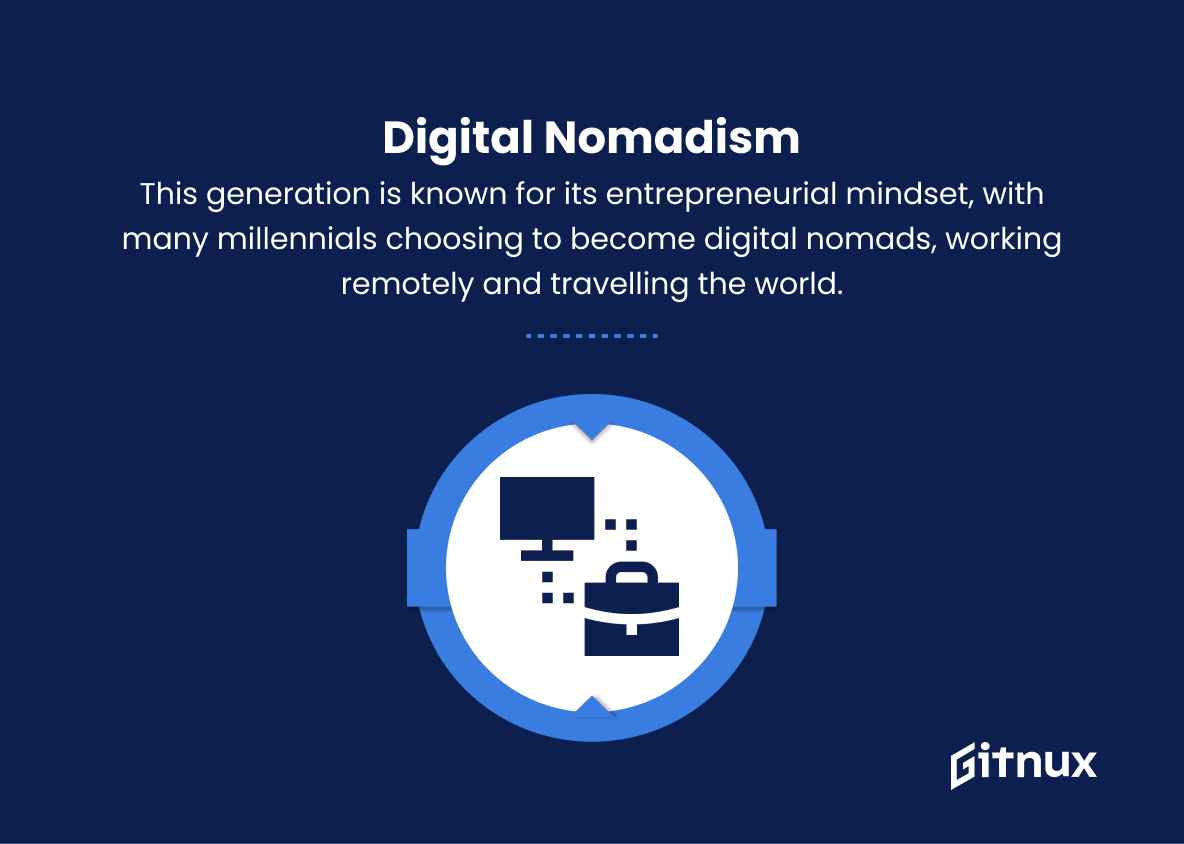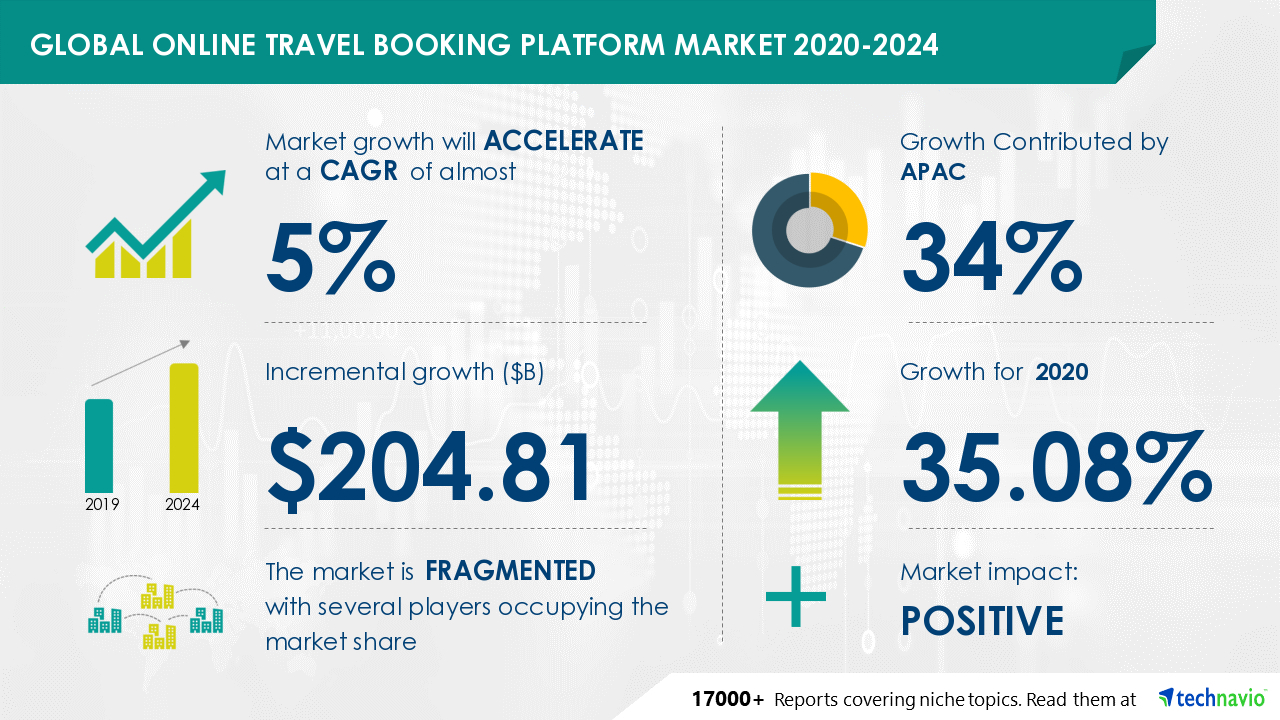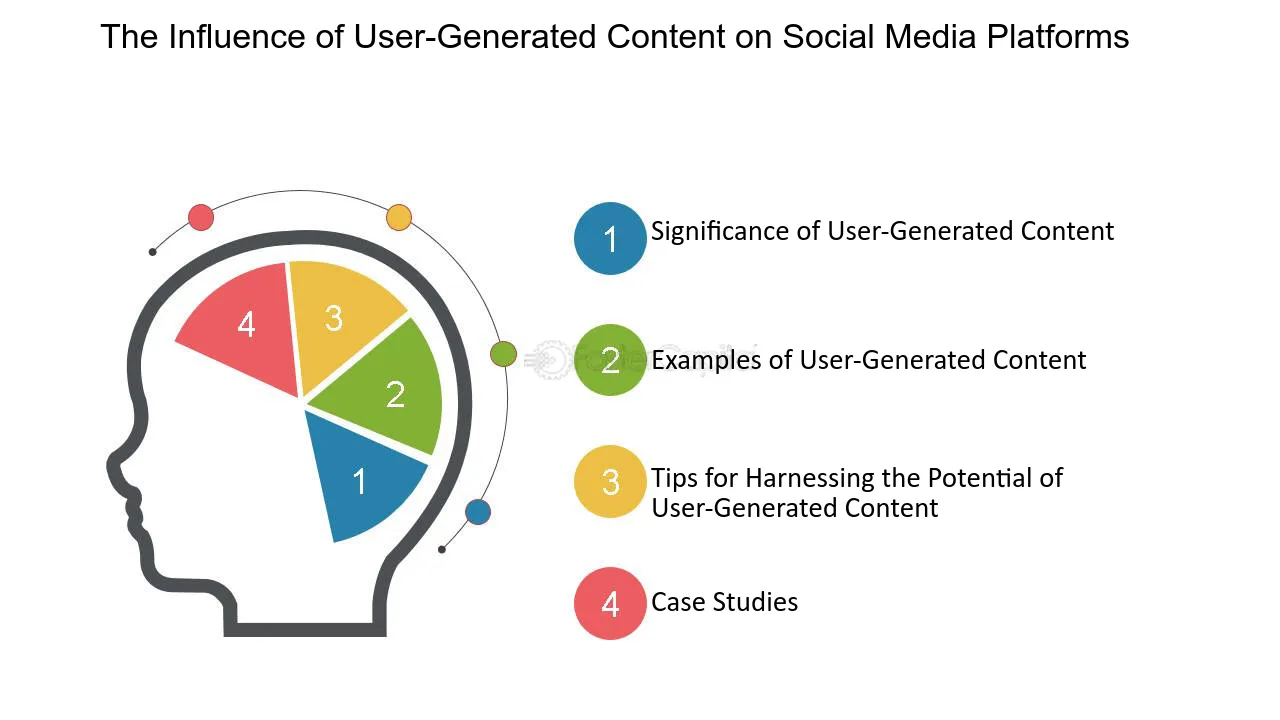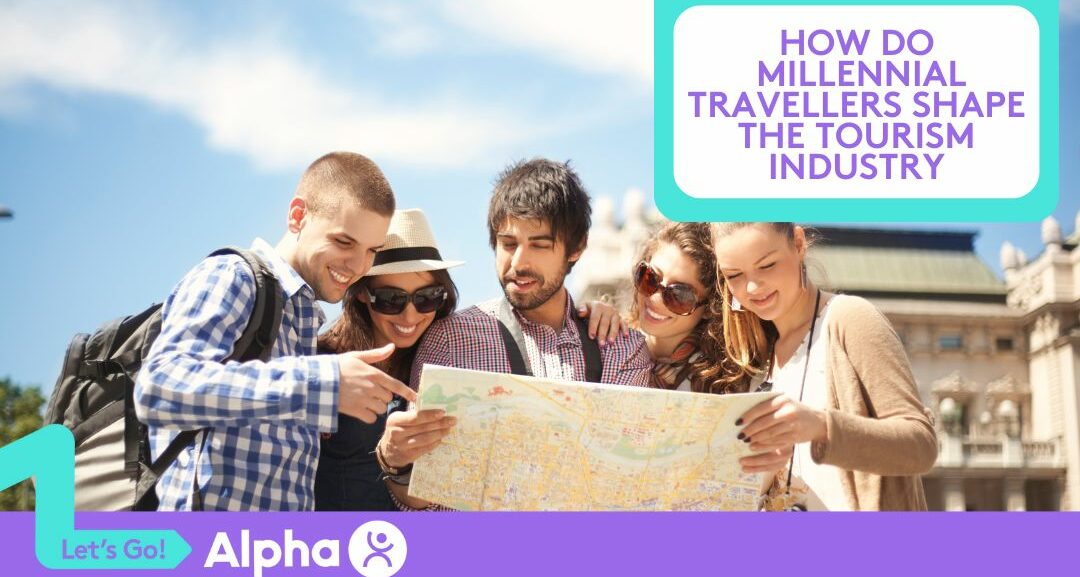Millennials, born from around 1981 to 1996, have become a significant group in the job market and travel businesses. Unlike older generations that often chose fancy hotels and ready-made trips, millennials look for realness, building relationships with others, and unique experiences. The change in how people travel brings difficulties and also good chances for the travel businesses that are ready to make changes.
Who are Millennials?
Millennials are the group that comes after Generation X. They grew up in a time when technology was improving quickly and the world’s economies were becoming more connected. This has shaped their values, priorities, and spending habits in unique ways.
Market Dominance:
In the United States, the millennial generation is still the biggest in terms of people. It’s believed they are about 92 million strong, while there are around 61 million from the Baby Boomer group.
This pattern is consistent around the world, although to different extents. The precise proportion of millennials relative to the overall population may vary due to birth rates and differing definitions of age groups from various sources, but their large quantity makes them an important influence on the market.
Australian Millennial Stats:
By the year 2023, millennials make up a large part of Australia’s population. Although an exact number is hard to find because birth rates change and sources use different age groups, it is estimated that there are about 20-25% of all people in the country.
This means there could be millions of young people, the millennials, who have money to spend and they want different kinds of adventures.

Find more statistics at Statista
Shifting Priorities:
Compared to older generations who often value owning a home and getting married young, millennials are taking more time before reaching these points in life. This means they are a group of people eager to travel with money available to spend.
Many people from the younger generation are travelling with their parents or good friends, making trips with a larger family group more popular.
Tech-Savvy Spenders:
Millennials, grow up with technology and value having experiences more than owning things. Devices such as smartphones and laptops are important to them, and when they travel, they usually post about it on social media websites.
They prefer to have access rather than own things when they make travel decisions. They use websites for booking, staying in places like Airbnb instead of hotels, and renting cars because these choices save money and are flexible, which fits well with how millennials like to spend.
Millennial Travel Behavior: What Makes Them Different?
Characteristics of Millennial Travellers:
- Experience Seekers: Millennials give more importance to having distinctive experiences than owning things. They are attracted to journeys filled with adventure, engaging deeply with different cultures, and travelling to places that are not commonly visited.
- Tech-Savvy Nomads: They depend a lot on Internet services for finding information, making reservations, and getting ideas. They are greatly swayed by the ease of booking on mobile devices and content created by other users.
- Budget-conscious: While ready to spend more on experiences, millennials usually choose affordable things and give good value. They often like staying in places such as Airbnb and hostels instead of traditional hotels.
- Socially Connected: Social media is very important for influencing travel choices and for people to share their experiences. Content made by users and advice from influencers have a big impact.
Factors Influencing Millennial Travel Choices:
- Sustainability: A lot of younger people, especially millennials, now choose to travel in a way that is friendly to the environment and they try hard to pick tourism activities that do not harm nature much. They also like it when their travel helps the communities where they go.
- Social Connection: Millennials are looking for real experiences of interaction with local people and to immerse themselves in the culture. They have a growing interest in opportunities to volunteer and stay in homes instead of hotels.
- Work-Life Balance: Work-life balance is changing because people can now work remotely, which lets them travel and also do their jobs at the same time.
 You will find more infographics at Statista
You will find more infographics at Statista
Sustainable and Eco-Friendly Travel Trends Among Millennials
Importance of Sustainability:
Millennials lead a travel change that puts the environment and social duties first. They understand, more than older generations, the negative effects of too much tourism like pollution, destroying natural areas, and using cultures wrongly. This understanding turns into a deep wish to have travel experiences that contribute positively and reduce bad effects.
Here’s why sustainability matters to millennial travellers:
- Environmental Consciousness: Millennials, see climate change and harm to the environment as they grow. They have strong feelings for saving the earth and make sure people use nature’s gifts carefully when travelling.
- Leaving a Positive Footprint: They hope their travel leaves a good mark on the places they go to. This means helping with conservation in the area, reducing trash production, and taking care of the natural surroundings.
- Authentic Cultural Interactions: Tourism that is not sustainable can make different cultures too similar. Young people today want real experiences with a culture that keeps traditions alive and helps the local people.
Examples of Sustainable Travel Practices & Trends:
1. Ecotourism:
Ecotourism is about travelling in a way that is mindful of protecting nature and helping the people who live there. Here are its methods:
- Low-impact activities: Hiking, wildlife watching, and cultural immersion experiences that minimise environmental disruption.
- Supporting conservation efforts: Choosing tours that help save endangered species or protect natural environments.
- Community participation: Staying in eco-lodges managed by the local people or taking part in activities that help the local economy directly.
2. Volunteering:
When you travel, giving your time and abilities as a volunteer is an excellent method to help out. There are many chances like:
- Conservation projects: Contributing to wildlife rehabilitation, habitat restoration, or beach clean-up initiatives.
- Community development projects: Assisting with educational programs, infrastructure development, or cultural preservation efforts.
- Programs for work exchange: Offer to help on farms, in guest houses, or at eco-lodges and you can stay there as part of the cultural experience.
3. Eco-Lodges:
Eylco-lodges are places to stay made with the idea of sustainability. They usually have things like:
- Energy-efficient design: Utilising renewable energy sources like solar panels and minimizing energy consumption.
- Water conservation: Employing water-saving technologies and promoting responsible water use practices.
- Locally sourced materials: We use materials from nearby places for building and furnishing to lessen harm to nature and to help businesses in the area.
- Waste reduction: Implementing composting programs, waste minimization initiatives, and responsible waste disposal practices.
4. Responsible Tourism:
To be a responsible tourist, you should think about the environment and also behave ethically during all parts of your trip. Here are ways to do that:
- Respecting local cultures: Show respect for local traditions by dressing conservatively at places of worship, learning simple local language salutations, and being aware of them. the customs and practices in the area.
- Supporting local businesses: Choose to support local eateries, stores, and tour leaders rather than big global companies.
- Minimising waste: To cut down on trash, use less plastic, bring a bottle you can refill and select travel firms that focus on decreasing waste.
- Bargaining respectfully: When you are discussing prices in local markets, ensure that it’s done justly and do not take advantage of the sellers there.
5. The Rise of Digital Nomadism:

Technology allows people to work from different places, leading to a new type of traveller called digital nomads. Many young adults who are good with technology and have jobs that let them work anytime choose this lifestyle. They work while travelling around the globe, frequently using shared office spaces and stable internet. This pattern presents a special chance for companies in the travel business.
- Accommodating Digital Nomads: Provide shared working areas, dependable internet connection, and long-term stay deals at various lodging facilities.
- Marketing Places for Digital Nomads: Show places that have good internet, active shared working spaces, and living costs suitable for those who work online.
Technological Advancements Shaping Millennial Travel
Technology has changed how millennials go about travelling, altering everything from the way they plan and book to how they enjoy and share their travel stories.
Rise of Online Booking Platforms:
The time when people used to look at big travel pamphlets or depend on regular travel agents is no longer here. Now, young adults prefer using Internet reservation systems which provide many advantages.

- Price Comparison and Transparency: Online travel websites let millennials check and contrast costs among airlines, accommodations, and different trip services to make sure they find the top offers.
- Seamless Booking Experiences: Mobile apps offer an easy-to-use screen for reserving flights, places to stay, and things to do while travelling. They meet the desires of millennials who like quick results and planning while moving.
- Availability in Real-Time and Adaptability: People travelling can look at which flights or places to stay still have open spots, even if it’s just before they want to leave, making it possible for them to make quick travel choices and change their plans as needed.
- Personalised Recommendations: Booking websites use data and computer programs to suggest trips that fit with what millennials have looked for before, making it easier and quicker for them to find what they want.
User-Generated Content and the Power of Social Media:
Social media sites such as Instagram, YouTube, and travel blogs are now like modern guidebooks for millennials when they make plans to travel. This is the way these platforms affect their choices:
- Endless Source of Inspiration: Travel blogs and social media are like a never-ending well of ideas, with lots of beautiful pictures and real stories from travellers. Millennials can find secret spots, special adventures, and places, not many people go to by looking at what other users post.
- Community and Social Proof: Travel enthusiasts meet on social media to exchange tips, reviews and advice about travelling. Young people often choose where to travel based on good words from friends they trust or from popular online figures.
- Visual Storytelling and FOMO (Fear of Missing Out): Stunning travel pictures and very interesting videos on social media, like Instagram, make people want to travel and have a fear of missing out. This motivates the younger generation to go see new places and try different things.
- Live Travel Sharing: When millennials share their travel stories as they happen, it lets them make connections with the people who follow them and keep a record of their trips, creating a feeling of being in a community and experiencing adventures together.

Leveraging Technology for Travel Companies:
Travel companies can leverage these technological advancements to attract millennial travellers:
- Investing in Mobile-Friendly Platforms: Make investments in platforms that work well on mobile devices; this will help provide a smooth and easy-to-use experience for managing bookings, and schedules, and getting information about travel through the app.
- Engaging Social Media Presence: Make attractive content for social media that shows special moments, talks with local people, and your company’s commitment to sustainability.
- Partnering with Influencers: Work together with travel influencers who share similar values and have followers that match well with your brand, this will help you connect to more people from the millennial generation.
- Personalised Marketing and Recommendations: Use data and analytics to make travel suggestions and offers that are tailored according to previous searches and likes.
Strategies to Capture the Millennial Travel Market: A Roadmap for Success
To succeed, travel businesses must put into action plans that appeal to what the younger generation of travellers wants. This is how they can attract this important group who travels a lot:
Welcome to the world of digital: Millennials spend much time on the internet. Put money into a website that is easy to use, works well on smartphones and provides a smooth experience when making reservations. Keep a lively social media profile by posting interesting material that highlights special experiences, interactions with locals, and the eco-friendly methods your business focuses on.
Create special experiences, not just simple packages: Young people today want genuine and customized activities. Go past the regular trips and put together special moments that give a closer look into the traditions and everyday life of local people. Highlight off-the-beaten-path adventures, cultural immersion activities, and opportunities to connect with local communities.
Flexibility is Key: Millennials value flexibility. Give them different ways to book that they can cancel if needed, and let them make their travel plans as they wish. Provide options for different kinds of places to stay, such as staying with locals in their homes, environmentally-friendly lodges or luxury camping, so travellers can pick something that fits how much they want to spend and the way they like to travel.
Transparency Builds Trust: Millennials appreciate when things are clear and truthful. Show openness by replying to all kinds of feedback, the good ones as well as the bad ones. Respond to worries quickly and demonstrate your dedication to making guests happy. Use internet sites to display what times you have open, how much things cost, and comments from customers so they can decide with all the information they need.
Conclusion
Comprehending the travel choices of the millennial generation is now essential. Travel businesses that change their plans to suit this generation, which knows technology well and seeks experiences, can achieve an important edge over competitors. People who accept technology, make special and lasting experiences, and put importance on being open will have a good chance to succeed in the constantly changing world of travel. The coming times for tourism are for those brave enough to try new things and serve the young travellers known as millennials.
How Car Rentals Empower Millennial Travel
Millennials are changing the way we travel by focusing on special experiences, staying mindful of their budget, and knowing how to use social media well. Renting a car can be an ideal match for these travellers, offering them the liberty and adaptability they need while journeying. This part looks at the ways car rental companies meet the particular preferences and wishes of young people who travel, making what they dream about for their trips come true.
Alpha Car Hire: Your Key to Unlocking the Open Road
If you want a cheap car to find secret places or a fancy car for an unforgettable journey with friends, Alpha Car Hire offers the right vehicle that fits your plan and money. Reserve your Alpha Car Rental now and enjoy the liberty of travelling wherever you wish on the roads.







Comments are closed.